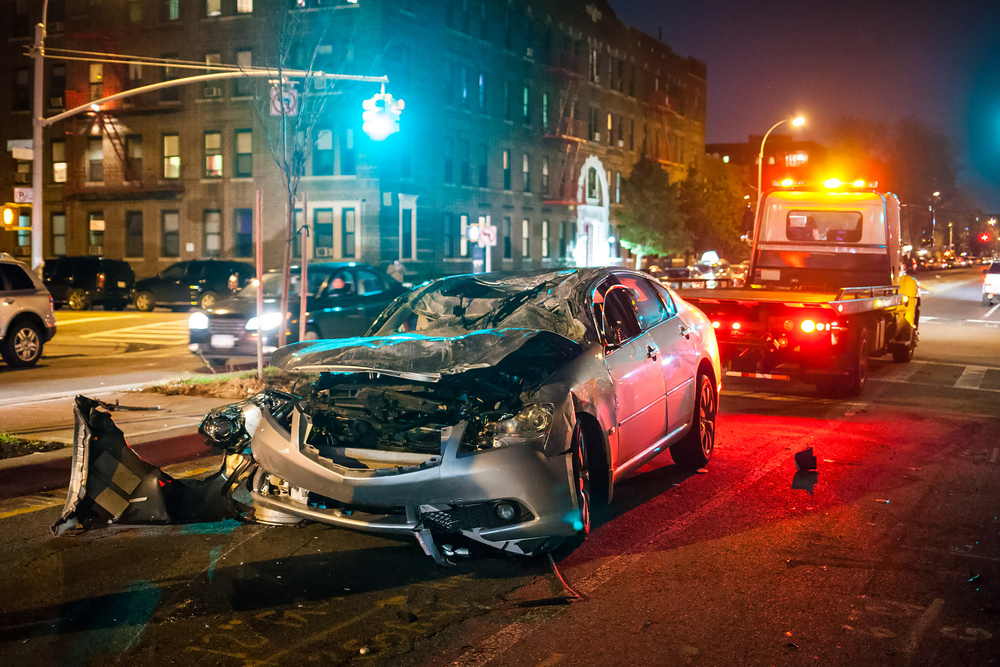Getting into an automobile accident can elicit feelings of immense stress, especially if you are dealing with significant injuries and/or property damage. Yet, if you know what to do after an accident, you can protect yourself from future lawsuits, pain, and suffering. If you get into a car wreck caused by the reckless or careless behavior of another driver, here are the six critical steps to take to ensure you come out on top.
Ensure the Safety of Yourself & Others
First things first, call emergency medical services if you or anyone else has been seriously injured. Check not only on the other people involved in the accident but on yourself. People often downplay their injuries or hesitate to get the medical attention they need. This can not only hurt your personal injury claim down the road but can also manifest later in the form or back pain, brain damage, or other delayed injury.
Common car accident injuries include:
- Traumatic brain injury, or TBI
- Broken ribs or other bones
- Internal bleeding
- Cuts and scrapes
- Herniated disc
- Whiplash
- PTSD
Collect Information from Other Accident Victims & Witnesses
Once you have taken care of your injuries, swap insurance and contact information with the other driver(s) involved in the crash. Also, speak with any witnesses and collect their contact information as well. They may be able to testify on your behalf in the future if the fault of the accident comes into question. While you should speak to the other drivers courteously and openly, never admit fault. Even if you didn’t cause the accident, this can be used against you in insurance claims or even court later on.
Photograph the Accident Scene & Any Injuries
Take as many pictures as possible of the accident scene. Document the crash and all damage to your and the other vehicles from every angle. Do this before moving your vehicle out of the road. Make sure to photograph any of your injuries as well.
File and Accident Report
Contact the authorities so a police officer can come to the scene and file an accident report. At this stage, you should also contact your auto insurance company and let them know what happened. Do not speak to the at-fault driver’s insurance company, however. They will try and make you admit fault or other information which could hurt your case.
Go to the Doctor
This step is crucial, even if you don’t feel in pain or notice any serious cute or bruises. Why?
There are two vital reasons you should always visit a doctor after a car accident:
- To ensure you don’t have any invisible injuries which could become more severe at a later date, such as brain damage from whiplash or other head trauma
- To protect your personal injury claim
If you don’t have medical records stemming from the accident, the opposing insurance company will argue you were never injured and therefore don’t deserve a settlement. That’s why your best bet is to create a paper trail by going to the doctor and describing any injuries, however minor, in as much detail as possible.
Call an Attorney
Finally, talk to an attorney. An experienced personal injury lawyer can advice you on what steps to take in order to successfully protect yourself from the at-fault driver’s insurance company and any lawsuits that may be coming your way. An attorney can also take some of the stress out of the experience by being a trusted and empathetic advisor and champion throughout complex legal proceedings. This is especially helpful if you are hospitalized, experiencing a lot of pain, or are otherwise incapacitated following a crash.
To work with an experienced and empathetic Indianapolis car accident lawyer, don’t hesitate to contact us at Crossen Law Firm today. We have represented accident victims throughout Indiana for over 20 years.

 317-401-8626
317-401-8626 
.jpg)